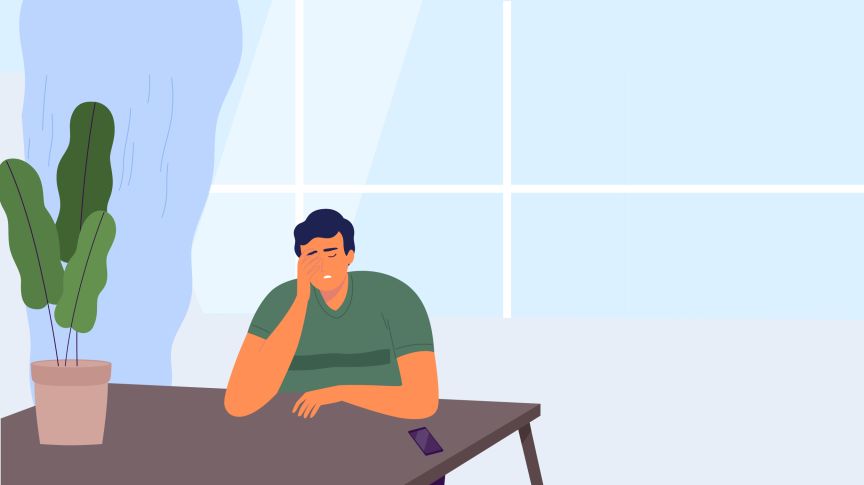Learn why leading HR professionals trust ekincare! Explore Now

Stress and isolation are not new phenomena in the modern workplace. However, the COVID-19 pandemic has added a new layer of depth to this pre-existing challenge in the lives of employees across the globe.
Even before the pandemic caused such drastic changes to office life, social isolation and feelings of loneliness prevailed across corporates in all the major continents of the world. These mental health challenges were so prevalent, in fact, that they have been classified as a “behavioural epidemic” by some medical health researchers. The ongoing pandemic has only served to worsen feelings of isolation and loneliness with the mandatory restrictions imposed to reduce the spread of the virus.
In a report by Ginger, nearly 70% of working professionals report that this feels like the most stressful time in their career. 62% of all professionals say that they lose at least an hour of productive work, while 32% report a productivity loss of 2 hours or more when working remotely, due to the solitary nature of working without team members nearby.
According to a report published by McKinsey & Company, 3 out of 5 (60%) employees are facing symptoms of anxiety and depression, while 8 out of 10 (80%) working professionals are facing moderate to severe levels of stress.
Now that we have seen the tremendous impact COVID-19 has had on the mental health of corporate professionals everywhere, it is important for employers and employees alike to keep in mind some strategies that may help alleviate the negative feelings created by such a crisis.
Self-care - The well-known adage, "Health is wealth", cannot be overstated in times where we have seen such a drastic hit to productivity and organisational effectiveness due to a health-related crisis. Hence, it is important for employees to maintain a healthy bedtime, a healthy routine, and stay as physically fit as possible. This could be through
A healthy body is a key component of a healthy mind, and even more so in times when feelings of lethargy and listlessness can impact mental health more severely.
Mental wellness - Removing or reducing triggers for stress is of the utmost importance. This could be done by
Social contact - Isolation sets in when you don't find enough chances to connect with your family, peers and close friends. Human beings are social animals, and modern technology makes it all the easier to connect with your loved ones at the touch of a button. To combat feelings of isolation, you could
Proactively supporting team members and helping them avail additional resources to improve their mental health is now more important than ever. Some strategies that may help are:
These steps will go a long way in alleviating some of the common stress points for employees, and may also reduce feelings of loneliness brought on by social isolation.
While the tips mentioned above are helpful when coping with loneliness and stress brought on by crises, it is a good idea to understand the difference between "normal" reactions to stressful triggers and reactions that may warrant professional help. With the advent of teleconsultations and wellness apps, seeking medical attention and help for mental health concerns will also help keep you healthy and fit in these difficult times. As the pandemic continues, it will become more and more imperative that you continue the strategies mentioned above to help keep mental health problems at bay.